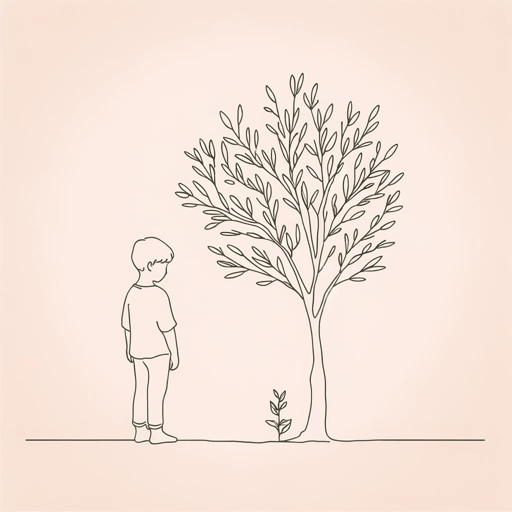25 pages • 50 minutes read
Éric-Emmanuel SchmittOscar and the Lady in Pink
Fiction | Novel | Adult | Published in 2002A modern alternative to SparkNotes and CliffsNotes, SuperSummary offers high-quality Study Guides with detailed chapter summaries and analysis of major themes, characters, and more.
Summary and Study Guide
Overview
Eric-Emmanuel Schmitt’s Oscar and the Lady in Pink was published in 2002 as part of Schmitt’s larger Cycle of the Invisible series. Each story in the series stands alone and deals with questions of spirituality from different faith and thought traditions. Oscar and the Lady in Pink explores questions of Christian faith as they relate to death.
Originally written in French, Oscar and the Lady in Pink has been translated in numerous languages and adapted for theater and movie production. This summary is based on the English translation by Adriana Hunter published by Atlantic Books (2002).
Plot Summary
The story is told from the perspective of 10-year-old Oscar through his letters to God. Oscar is dying of cancer and lives at the hospital. His recent bone marrow transplant—his last hope at beating the cancer and extending his life—has proven unsuccessful, leaving Oscar’s parents and doctors hopeless and distant as they avoid the subject of his imminent death. The only person willing to listen to Oscar’s questions about death is Granny Rose, an elderly volunteer at the hospital.
Oscar is given 12 days to live, and Granny Rose encourages him to write to God with his questions. She also encourages him to reflect on each remaining day as though it’s an entire decade of life. Oscar begins writing to God, looking back on the day his imminent death is confirmed as though it’s the first decade of his life. From there, each following day represents another decade, and Oscar fills his letters to God with details of each day as he nears death.
On the day representing his teens, Oscar finds the courage to tell Peggy Blue, a girl in the hospital who has an illness that causes her skin to look blue, that he thinks she’s beautiful. The following day, representing his twenties, Oscar and Peggy solidify their relationship, and Oscar visits the hospital chapel. The next day—Oscar’s thirties—is full of worry as Peggy undergoes a surgery to cure the condition causing her blue skin. The day ends peacefully, but the following one—Oscar’s forties—is tumultuous as past drama interferes with his happiness with Peggy. The drama settles, and Oscar and Peggy make up the next morning on Christmas.
Oscar escapes from the hospital on Christmas. He sneaks out as Granny Rose leaves her shift and hides in her car, making it all the way to her home before she discovers him. Oscar’s parents come to collect him, and Oscar forgives them for their fear of his imminent death. He has a wonderful Christmas with his parents and Granny Rose before returning to the hospital the next day.
Oscar continues writing to God when he’s back at the hospital, now from the perspective of someone in his sixties who is paying for all the excitement of the previous day. Peggy is recovering well from her surgery, and the two of them spend time enjoying music from The Nutcracker together. Oscar spends the following day contemplating questions of life, death, faith, and God, and his parents make more frequent visits now that the familial tension is gone. Oscar frankly tells his doctor not to be so hard on himself over Oscar’s diagnosis, and the day ends with everyone in good spirits.
Peggy recovers and goes home with her parents, leaving Oscar frustrated and angry with God for leaving him alone. God finally visits Oscar in an unexpected way: Oscar recognizes God’s work as the dawn becomes morning, observing the beauty in the changing colors. Oscar thanks God for visiting him and goes into the next day in good spirits. He tries explaining his new perspective to his parents, but he struggles to articulate his thoughts through his growing exhaustion. He asks God to take over for him.
Oscar’s final letter to God—written from the perspective of a 110-year-old man—is brief and acknowledges his upcoming death. A final letter to God from Granny Rose closes the story. It confirms that Oscar has passed and reflects on Oscar’s positive influence on Granny Rose in his final days.
Related Titles
By Éric-Emmanuel Schmitt


